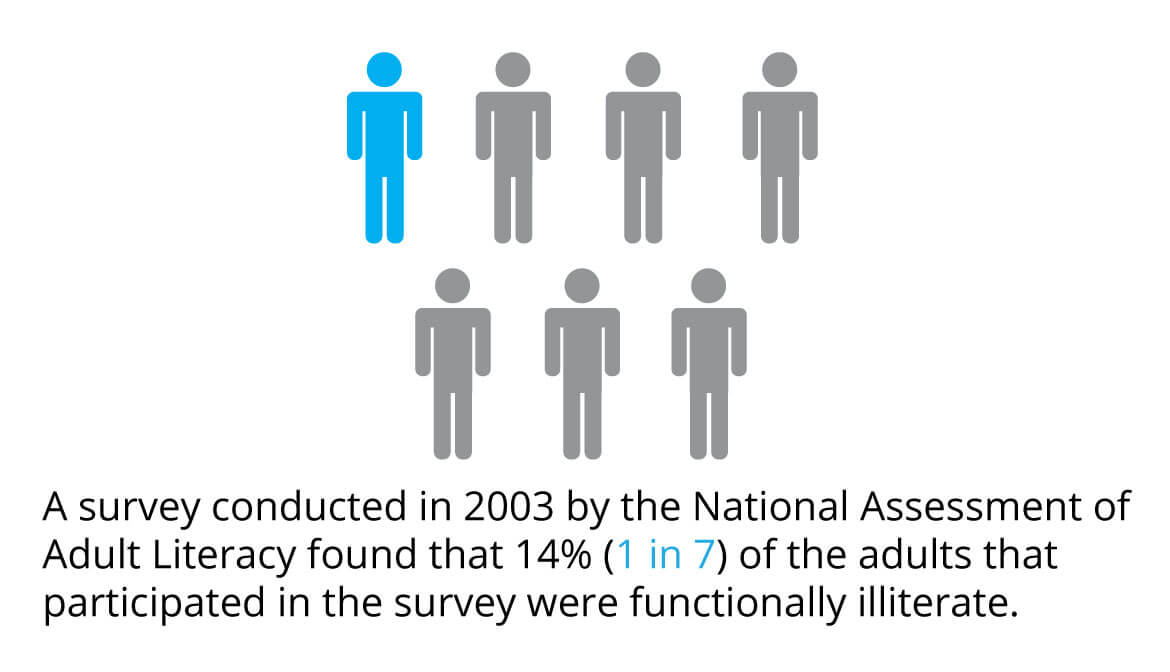Early Reading Intervention
Children who struggle to develop emergent reading and writing skills may need early reading intervention in order to prevent reading failure.
E very year, millions of American children and adults struggle with basic reading. Statistics show that approximately 32 million adults are functionally illiterate. This means that 21% of adults in the U.S. read below a 5th grade level!
